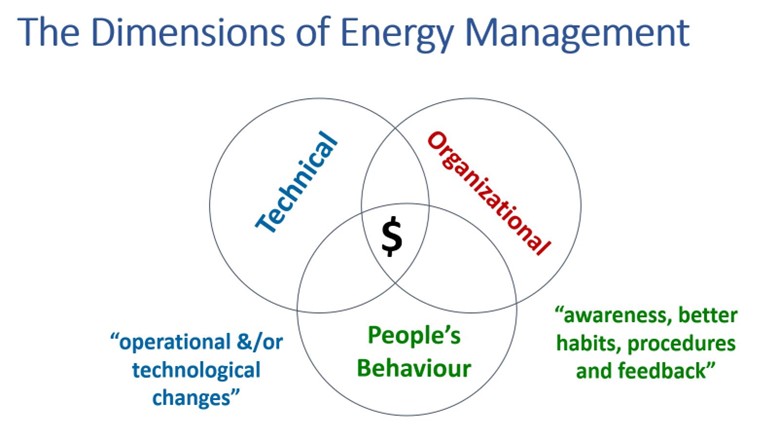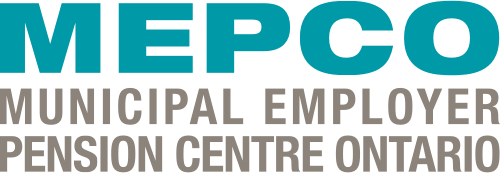An Interview about Energy Training
Originally published May 10, 2022
By Fernanda Lazzaro
Customer Service Representative
The proverb, “Give a person a fish, and you feed them for a day. Teach a person to fish, and you feed them for a lifetime,” can be used as an analogy to energy conservation.
According to the Canadian Encyclopedia, “In 1884 the Ottawa Parliament Buildings and the University of Ottawa were lighted electrically with generators powered by steam engines”. Fast forward over 100 years and electricity is found in all Ontario government buildings, whether sourced from hydro, nuclear, or even solar. Have we taken for granted this commodity? If so, are we paying the price environmentally and financially?
I wanted to learn how we could conserve energy and save money on our ever-increasing utility bill. I interviewed Stephen Dixon of TdS Dixon Inc. who instructs our Energy Training workshops. Dixon’s day entails teaching many people, including municipal staff on ways they can conserve energy in their facilities and offices.
LAS:
What’s involved in energy training? I’m assuming you’re not teaching people how to re-wire a light switch.
Stephen Dixon:
That’s correct – these days some of the most popular trainings include:
Awareness Sessions: While sometimes reducing energy may involve somewhat technical solutions, it always starts with reducing waste – many of our sessions focus on this basic action. Something as simple as unplugging a device that consumes electricity even at idle, or simple turning off lights when not required can make a difference. And yes, even in 2022 there are still lots of places to do that.
Energy Treasure Hunts: We bring together building operational staff, who understand their buildings’ day-to-day operations, with our energy perspective. We then conduct collaborative searches within a municipal building. These are fun events where staff find lots of ideas and we can show in numbers, dollars, and carbon, the savings that are possible. The goal is that staff learn to fish for energy savings.
LAS:
How technical are the workshops?
Stephen Dixon:
It can get very technical at times and other times very simple – we tune the balance between simple concepts versus details to our participants, their situation, backgrounds and needs. It’s kind of like touring in a plane flying at 37,000 feet where you can see the big picture, and then landing from time-to-time. During the ground visits you can see a lot of detail in a small area – we plan our tours to include a variety of people perspectives.
LAS:
Do municipalities see a decrease in their energy consumption?
Stephen Dixon:
Yes, we will often hear about actions participants have taken to reduce energy – and we encourage municipalities to monitor and track the performance of their facilities so that benefits of the actions and training become visible!

LAS:
Besides saving money, what else is energy conservation all about?
Stephen Dixon:
Lowering global warming: Whether the energy source is electricity, natural gas or other fuels – there is always a connection to carbon. Avoiding energy use is one of the easiest and easily quantifiable ways to reduce your carbon footprint.
Save your equipment: Often energy that is used inefficiently contributes to increased wear and tear on equipment. So, improving efficiency can lead directly to reduced maintenance. I remember once leading a Treasure Hunt in a municipal aquatic centre where the main pool pump chronically required repairs. When we investigated, we discovered that the pump was being throttled (restricted) to reduce flow. This was leading to the increased wear but also a significant reduction in efficiency. We solved the energy and the maintenance problem by matching the flow by other means!
LAS:
What results do you notice after each workshop?
Stephen Dixon:
People will often go home and change furnace filters, clean the coils on the refrigerator; if they have a swimming pool they’ll adjust the pump and the filter operating time. Many of these things have low/no cost but save a lot of energy.
LAS:
What can we start doing right now to conserve energy?
Stephen Dixon:
Turn off: Look around your office and home today – what simple things can you turn off or apply some basic automation, like smart plugs?
Tune it up: You may have good equipment but is it operating at optimal conditions? Is your boiler serviced regularly? Are the belts on your HVAC fans adjusted? Has the new variable speed drive controller that you have recently installed been optimized? Are your schedules on your automation system still relevant to current facility needs?
Make it routine: Just like maintenance checklists, energy-consuming equipment needs some regular attention, like filters, coil cleaning, and control settings – making better energy decisions is a good habit!
We thank Stephen Dixon for his time in answering our questions. If you would like more information about how you can get involved in an Energy Training workshop, please feel free to contact us.





